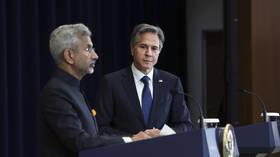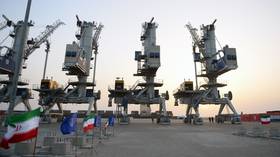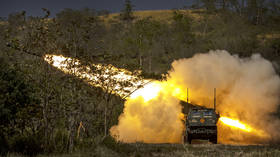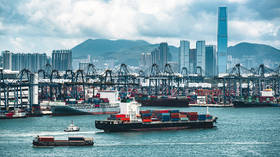US warns India over Iran deal

Hours after New Delhi and Tehran announced a ten-year deal for operating and managing Iran’s strategically-located Chabahar Port, Washington issued a veiled warning – reminding India that dealing with the Middle Eastern nation comes with a potent risk.
“Any entity, anyone considering business deals with Iran, they need to be aware of the potential risk that they are opening themselves up to and the potential risk of sanctions,” Vedant Patel, the principal deputy spokesperson for the US State Department, said, responding to a media query on the deal. “US sanctions on Iran remain in place and we’ll continue to enforce them,” he added.
Since the 1979 seizure of the US Embassy in Tehran, the US has enacted restrictions on Iran under various legal frameworks. Recently, the administration of US President Joe Biden introduced further sanctions on Iran in reaction to its missile and drone assault on Israel in retaliation for the lethal bombing of Iran’s consulate in Damascus, Syria.
Washington’s reaction came after Indian Ports Minister Sarbananda Sonowal and Iranian Minister of Roads and Urban Development Mehrdad Bazrpash signed a deal on Monday, which has been in the works for at least three years and is vital for New Delhi as it provides it easier access to Afghanistan, Central Asia, and Russia.
India’s operation of the strategic port will “also be significant in providing humanitarian aid, opening new vistas in fostering peace and stability in the region,” according to New Delhi.
Iran’s first deepwater port, Chabahar is also a strategic hub for the upcoming International North-South Transport Corridor (INSTC), developed by New Delhi, Tehran, and Moscow.
The INSTC is projected to reduce transit times between Mumbai, India and St. Petersburg, Russia by 40%, shortening average trips and helping cut down on freight costs drastically, according to data. It will also become an alternative to the Gulf of Aden-Suez Canal route, which has remained unsafe since the outbreak of the war in Gaza.
Where India Meets Russia – We are now on WhatsApp! Follow and share RT India in English and in Hindi













